detail profile georges kern
Peran Yang Di Mainkan Georges Kern
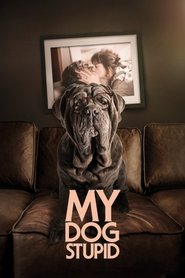 Henri is a middleaged writer with...
Henri is a middleaged writer with...My Dog Stupid 2019
Henri is a middle-aged writer with fading inspiration who has published nothing worthy of note in years. Feeling increasingly misunderstood by his wife and four grown up deadbeat kids, he dreams of running away to start over again. Yet when he discovers an unattractive, bad-mannered dog in his garden, he decides to adopt him and both start developing an unexpected friendship that inevitably upsets Henri’s family and neighbors.
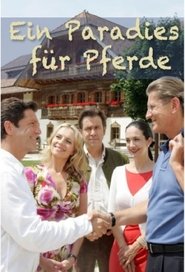 Thomas Donnhofer has turned his estate...
Thomas Donnhofer has turned his estate...Ein Paradies für Pferde 2008
Thomas Donnhofer has turned his estate into a therapy center for horses. But some people are a thorn in the side, for example, Mayor Federer, who pursues other plans. Mayor Federer is only too happy to support the interest of a large hotel chain in Donnhofer's estate. Even privately, Thomas Donnhofer has to worry: his relationship is at stake.
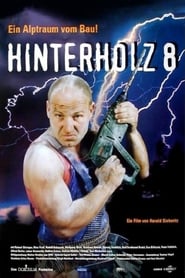 Herbert Krcal Roland Dringer and his...
Herbert Krcal Roland Dringer and his...Hinterholz 8 1998
Herbert Krcal (Roland Düringer) and his wife Margit (Nina Proll) dream of owning a home. They prefer to do this in the "Blue Lagoon", a prefabricated house park in the south of Vienna, where they regularly go on pilgrimage with their son Philipp. Just as regularly, they have to recognize the bitter truth that they cannot actually afford the dream house they have visited.
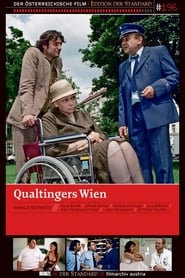 Using original texts from Qualtinger the...
Using original texts from Qualtinger the...Qualtingers Wien 1997
Using original texts from Qualtinger, the two authors develop a pandemonium of 'Viennese cordiality'. Set in a municipal building, in the Prater and the surrounding streets, sausage stands, etc., characters and unerring punchlines result in an enjoyable Viennese film, written for the squad of local cabaret artists.
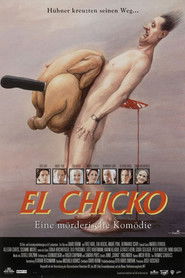 Paul and Erik two introverted loosers...
Paul and Erik two introverted loosers...El Chicko 1996
Paul and Erik, two introverted loosers lacking social contacts, both work in a smudgy kitchen of the cheap chickenburger fast food store "El Chicko".To pass time and monotony, Paul tells his partner time and again stories about a murderer killing women, of which Erik always wants to hear more and more. Eventually, Erik starts to believe that Paul is telling about himself.
 48 hours in the life of the...
48 hours in the life of the...Mother's Day 1994
48 hours in the life of the Neugebauer family. The May weekend with a small family celebration, which was planned as peaceful and contemplative, turns out to be a kind of Rocky Horror Picture Show in Vienna's municipal housing estate. Just like the other residents, the Neugebauers are preparing for the impending Mother's Day.
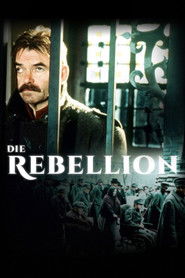 The disabled exsoldier Andreas Pum lost...
The disabled exsoldier Andreas Pum lost...The Rebellion 1993
The disabled ex-soldier Andreas Pum lost a leg for emperor and father land. After leaving the army he receives a license and a drehorgel. One day he gets into a controversy with a welldressed gentleman, disturbs the public order, and hits a policeman. Andreas Pum goes to jail, loses his license and becomes toilet guard in the Cafe Halali after his release. Only at the moment of death he recognizes that he was always too decent and too obedient.
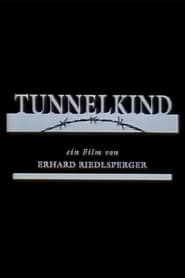 1969 The Prague Spring has been demolished...
1969 The Prague Spring has been demolished...Tunnel-Child 1990
1969. The Prague Spring has been demolished. New barbed wire installations have been erected. Julia, who is thirteen, has moved with her mother to a village in northern Austria which lies on the Czech border. Julia has not spoken since her father's death. Her isolation increases in the village where she is an outsider. Provoked into proving her courage by some young villagers, she walks into no-man's land. She discovers a forgotten tunnel which leads to a construction site on the Czech side of the border. Julia makes the acquaintance of Roland, a forty-five-year-old surveyor, on "the other side". An ambivalent father-daughter relationship develops between them. Roman is the only one to whom she confides the secret of her border crossings. Due to his affection for her, she regains her ability to speak. And she starts to feel at ease with Alexander, who is her age. Roman makes new plans at Julia's urging. The insurmountable border foritfications will remain vulnerable . . .

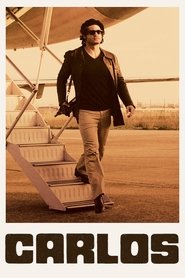 The story of Venezuelan revolutionary Ilich...
The story of Venezuelan revolutionary Ilich...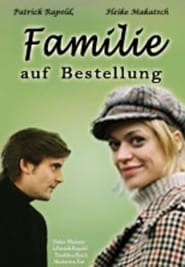
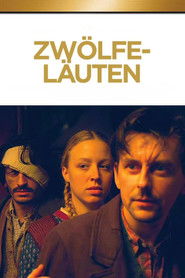
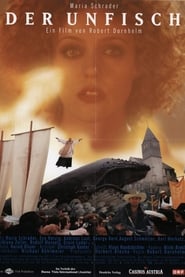 Sophie inherits her uncles preserved whale...
Sophie inherits her uncles preserved whale... The true story of how businessman...
The true story of how businessman...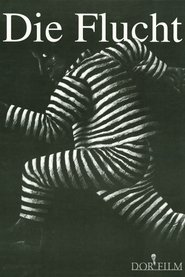 Two crooks escape from jail and...
Two crooks escape from jail and...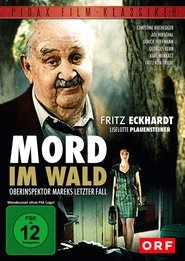
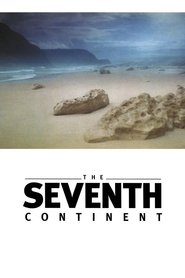 Chronicles three years of a middle...
Chronicles three years of a middle...